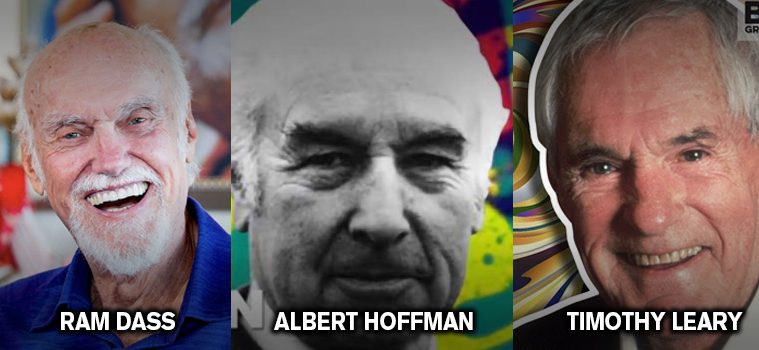WAY AHEAD OF THEIR TIME –
Jan. 5, 2022 – While the federal government does not recognize a medical use for most of these drugs and says they have potential for abuse, some of the most prominent universities in the world are studying four substances in particular: psilocybin, ketamine, MDMA and LSD. The bulk of available research suggests that these substances hold promise as part of larger treatment plans.
There is also growing evidence that psychedelic drugs operate differently in the brain than addictive drugs, and advocates have been consistently calling for legalization. But psychedelics remain expensive and difficult to gain access to legally, unless you are part of a research study for mental health purposes.
These drugs are not all the same and do come with risks. One quality they share is the ability to create an altered state of consciousness, commonly referred to as a trip. That effect can either provide a sense of perspective — or be downright terrifying.
“You’re not likely to overdose on them, but you can have life-changing negative experiences,” Katharine Neill Harris, a drug policy researcher at Rice University in Texas, said.



